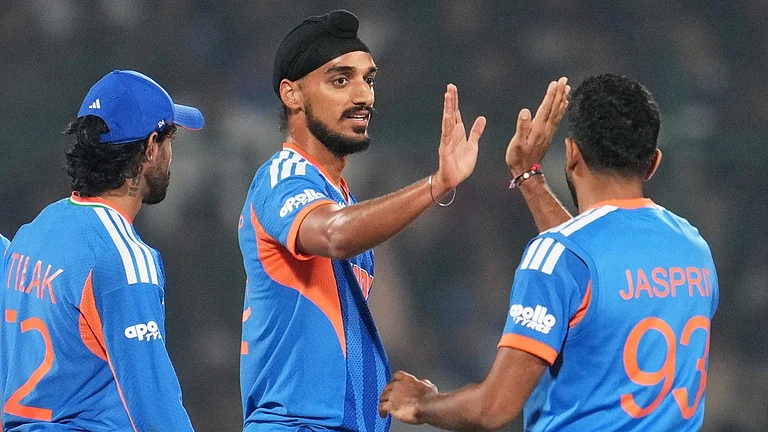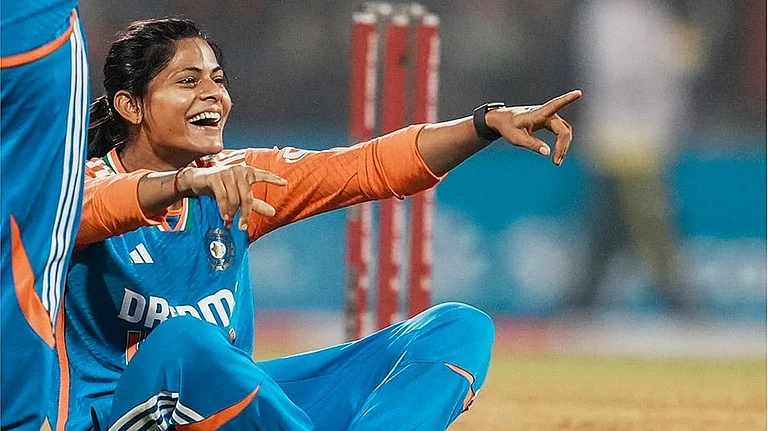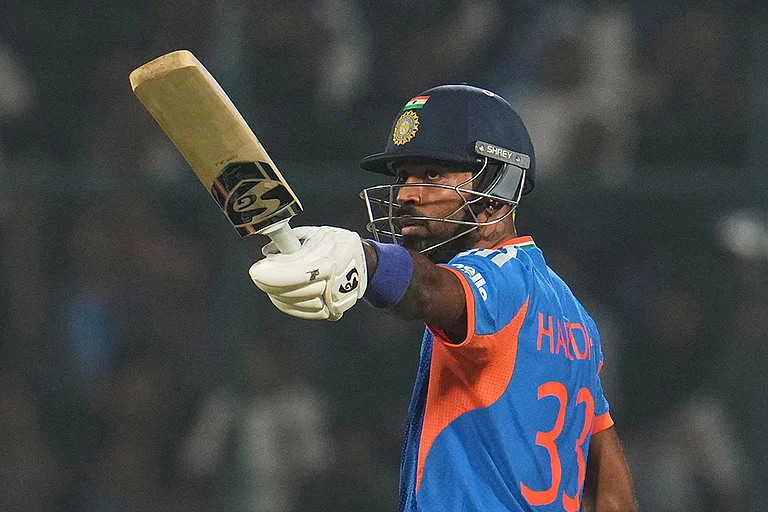In a recent verdict, the Madras High Court made a significant decision regarding the Tamil Nadu Prohibition of Online Gambling and Regulation of Online Games Act, 2022. The court rejected the plea to declare the entire act unconstitutional and affirmed that Rummy and Poker are games of skill, according to media reports.
The court, headed by Chief Justice S V Gangapurwala and Justice P D Audikesavalu, set aside the Schedule of the Act that categorized Rummy and Poker as games of chance, a move welcomed by the All India Gaming Federation and other online gaming companies that had challenged the legislation.
The court clarified its stance, stating that while the state has the authority to legislate against online gambling or games of chance, it also has the power to regulate online games of skill. The definition of "online gambling" in the Act was narrowed down to include only "games of chance" and not those involving skill, such as Rummy and Poker, which were acknowledged as games of skill.
Addressing concerns raised by the state government, the court emphasized that regulations could be established under Section 5 of the Act to address issues such as time limits, age restrictions, and other aspects of playing online games. Section 10 of the Act, which requires online game providers to be identified by the state, was deemed necessary to combat issues like the use of bots or dubious methods in playing Rummy and Poker.
The court concluded by partially allowing the writ petitions, rejecting the plea to declare the entire Act unconstitutional. The Schedule of the Act, including Rummy and Poker, was set aside, and specific sections were to be interpreted in the context of games of chance. The court also highlighted that online games were restricted to individuals aged 18 and above, with measures in place, such as Aadhaar verification, to confirm the player's age.
Moreover, the court addressed concerns about public health and order, stating that the state has the authority to regulate online games of skill and can implement necessary measures to ensure responsible gaming practices. The absence of evidence showing a disturbance in public order in the case further strengthened the court's position.


























